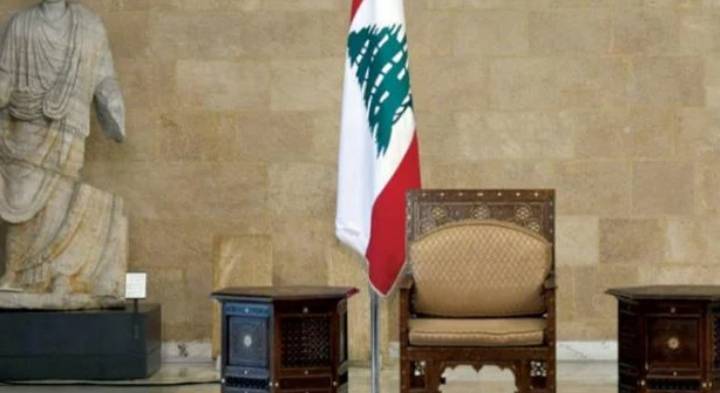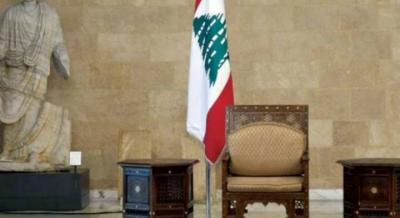A Lebanese parliamentary delegation left the U.S. capital, Washington, yesterday (Saturday), after arriving at the beginning of the week to attend the annual "morning iftar" at the White House. The delegation included several members of parliament and Lebanese officials from various political factions, appearing "heterogeneous," with uncertainty surrounding the way its members were assembled or the "parties" that extended the invitations. Among them were opposition MPs, a number of journalists, and some relatively "unknown" Lebanese political figures, all of whom covered their own expenses.
The agenda of the trip and its meetings seemed dominated by a sense of "coincidence and facilitation," allowing members to meet with several U.S. officials and members of Congress of Lebanese descent, despite having succeeded in holding some "beneficial" meetings. According to sources within the delegation, each individual brought their own agenda, presenting it to the American officials they met, most notably Barbara Leaf, Assistant Secretary of State for Near Eastern Affairs, who "advised the Lebanese to take the initiative themselves to resolve the deadlock over electing a new president and to form a new government capable of rebuilding institutions and implementing political and economic reforms to extricate Lebanon from its predicament."
Lebanese independent MP Yassin Yassin informed "The Middle East," that Leaf was clear in rejecting any possibility of relying on or betting on U.S. "intervention" at this stage. He concluded from other meetings with various members of Congress that the presidency issue remains outside of Washington's focus and that it would not intervene in supporting any specific candidate.
When asked about support for energy and electricity initiatives, Leaf replied that the matter had been "decided," without clarifying what she meant, following a statement from the World Bank announcing the suspension of plans to provide loans to support electricity unless the Lebanese government presented a clear and detailed plan on how the loan would be spent. This drew criticism from MP Elias Bou Saab, Deputy Speaker of the Lebanese Parliament, who was part of the delegation that met with Jihad Azour, the World Bank's Middle East Division head, in Washington.
Other sources informed "The Middle East" that some MPs raised the presidential issue independently in side meetings, as well as the matter concerning the head of the Free Patriotic Movement, MP Gibran Bassil. However, they received responses similar to Leaf's public statements during her extensive meeting with the delegation, leading them to a "gloomy" conclusion suggesting that Lebanon may witness an additional escalation at all political, security, economic and social levels in the coming period.
American sources told "The Middle East" that the Republicans, who now lead the U.S. House of Representatives, have begun a "political review" of the "humanitarian" assistance provided by the U.S. administration to the Lebanese army. Republicans openly express a negative stance towards the army, accusing it of being an "instrument" in the hands of "Hezbollah," following its directives, intentionally or otherwise. They believe that any assistance to it could prolong Iranian control over Lebanon, a stance that contrasts with the "flexibility" of Democrats in this regard. The Republicans intend to compel President Biden's administration to halt the repetition of the recent $60 million assistance to the Lebanese army, intended to support its members' livelihoods. This was also reported by several delegation members during their meetings with various members of the Lebanese lobby, which includes influential individuals behind the invitation extended to the delegation.
Despite this, the lobby attempted to gather a significant number of "opponents to Iranian control," both from Lebanon and the region, of various Arab and foreign nationalities, to communicate with influential members of Congress. According to one member of this lobby who spoke to "The Middle East," they are seeking to gain Congressional support for assistance to the Lebanese in general, and Christians in particular, to emerge from the stagnation prevailing in the political scene. They criticize the silence of many internal forces regarding the full control exercised by "Hezbollah," especially after its recent efforts to strike a blow to the Lebanese judiciary in an attempt to close the investigation into the port explosion.




